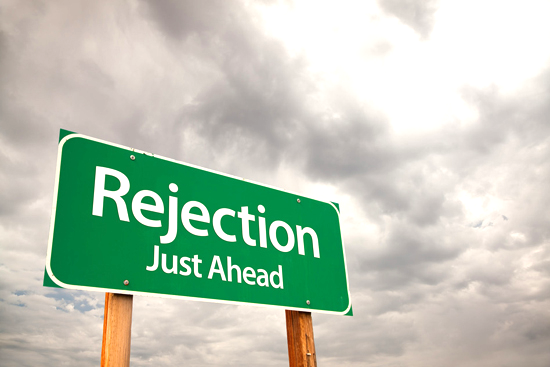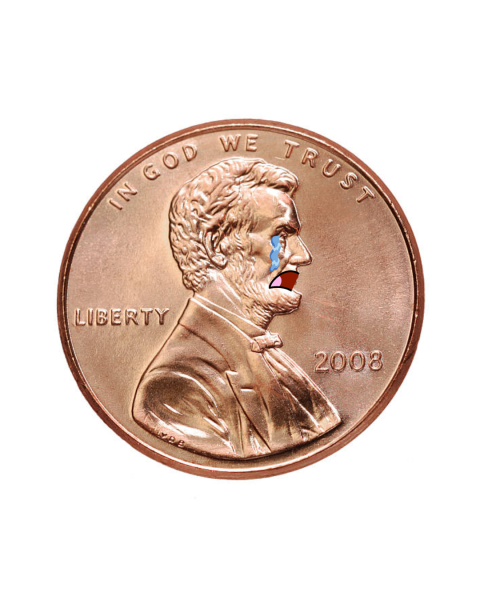TSA PreCheck: convenient or risky?

Graphic courtesy of the TSA website
Between the 9/11 terrorist attacks and Richard Reid, who managed to sneak the entire contents of a bomb onto a plane back in 2001, you would think that the government would tighten up security on our airlines, but despite their best efforts, that hasn’t really happened.
According to The New York Times, Skyscanner, a travel booking site, saw an 800% spike in bookings the day after the Biden administration announced that vaccinated foreign travelers would be allowed to enter the United States starting Nov. 8, and that unvaccinated U.S. citizens and lawful public residents (LPRs) will need to provide a negative test taken within one day of traveling.
In addition to this, with COVID cases slowing and vaccination rates rising, more Americans are planning domestic travel this holiday season. According to the American Automobile Association (AAA), “More than 50% of American adults plan to take a domestic vacation before the end of 2022.” This leaves room for a higher risk of potential attacks, because most people aren’t likely to be checked as thoroughly because of the overflow.
However, with growing travel rates also comes over-packed airports and frustrated passengers. One way that airlines have hoped to remedy these problems is with a 2013 invention called Transportation Security Administration (TSA) PreCheck.
TSA is an organization that aims to make air travel safer by attempting to prevent further terrorist attacks after the Aviation and Transportation Security Act was passed after the 9/11 attacks.
With TSA PreCheck, fliers are allowed to avoid typical checking, and don’t have the inconvenience of removing shoes, laptops, belts, light jackets and liquids and gels from carry-ons, all of which supposedly saves time.
Seems like a good system, right?
Wrong.
According to the official TSA website, in order to qualify for PreCheck, you must be a U.S. citizen or an LPR, and you haven’t been convicted of certain crimes such as being on terrorist watchlists, having committed or conspiring to commit espionage, sedition, terrorism or treason, being in unlawful possession of or dealing with an explosive or explosive device at all or murder.
They also administer a federal background check in order to verify these things. Another perk is that instead of a body scanner, which scans for density, you walk through a metal detector which is less intrusive. There is also a lower chance that your luggage will be randomly checked, because you’re considered a low-risk flier.
While all of these things sound wonderful and convenient, do they balance out the potential threat of explosives or weapons? Yes, they check for previous legal issues, but there’s a first time for everything. Metal detectors don’t check for plastic explosives, which is largely what body scanners are looking for. It’s also easier to sneak small parts on, as you can hide them in shoes, in jacket pockets or in liquid bottles.
Not only does all of this sound hypothetically dangerous, my own father, who frequently uses TSA Precheck, flew to Baltimore, MD a couple months ago and managed to accidentally sneak a pocket knife with a four-inch blade onto a plane, not once, but twice.
Clearly, TSA is not thoroughly checking their passengers, which just circles back to my original point, in which passengers with no previous offenses are basically just sent through, with minimal security in place.
Flying can be a wonderful but stressful experience, and TSA PreCheck is meant to make it a little easier for non-risk fliers, but is it worth it?
Personally, I say no.
I would much rather have to wait a couple more minutes if it ensured my safety. And while I do not fly very often, when I do, I would like to feel 100% safe.



